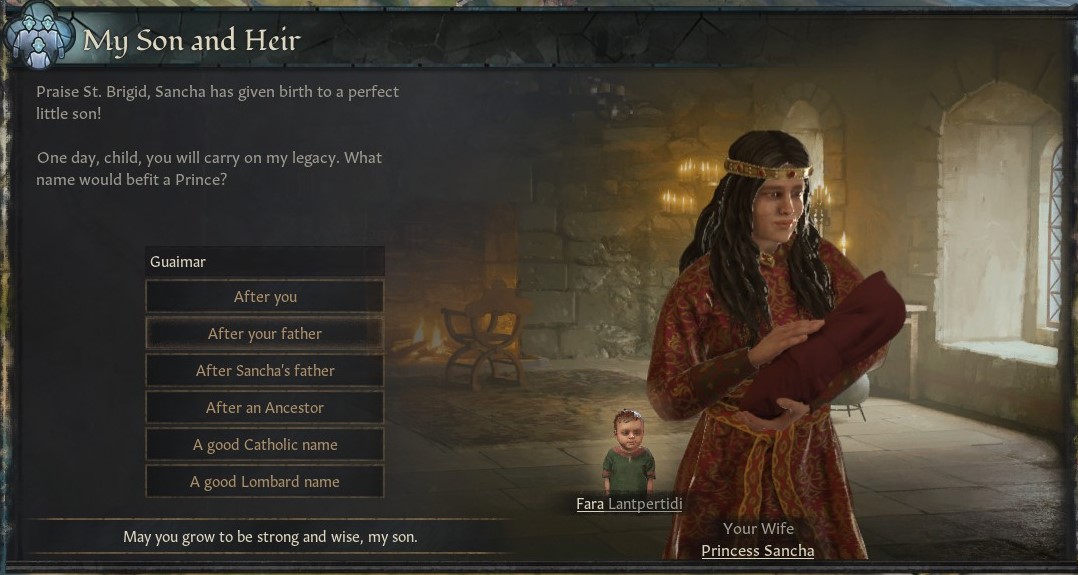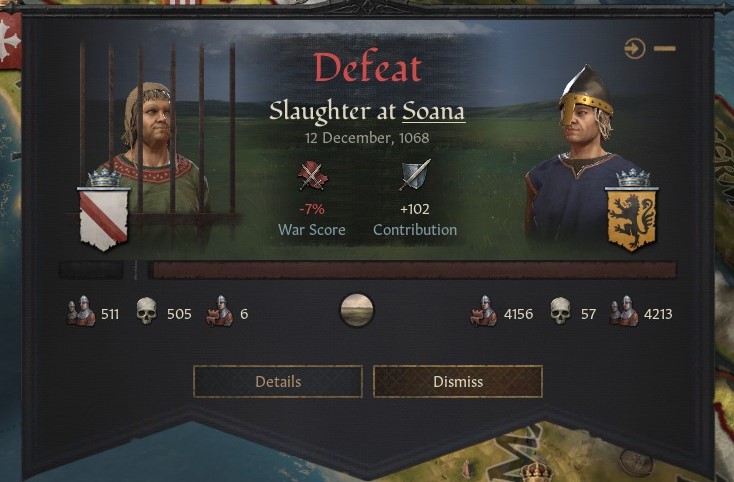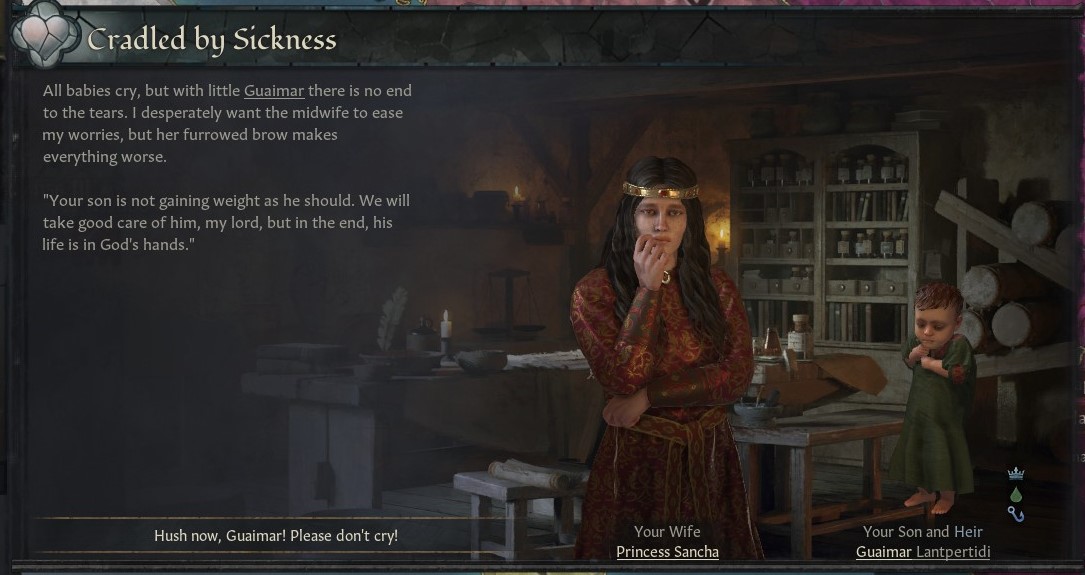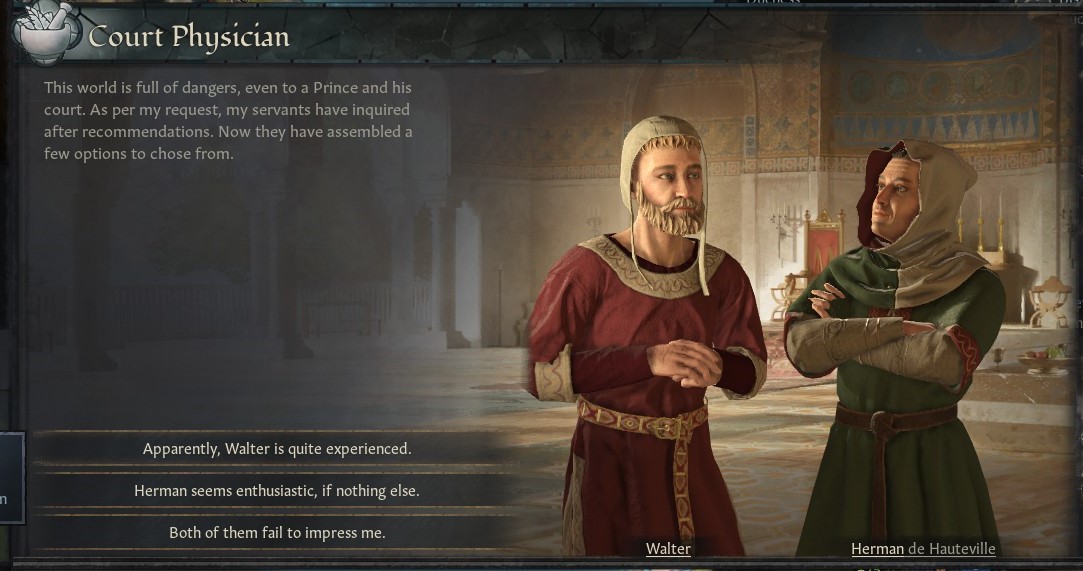INTRODUCTION
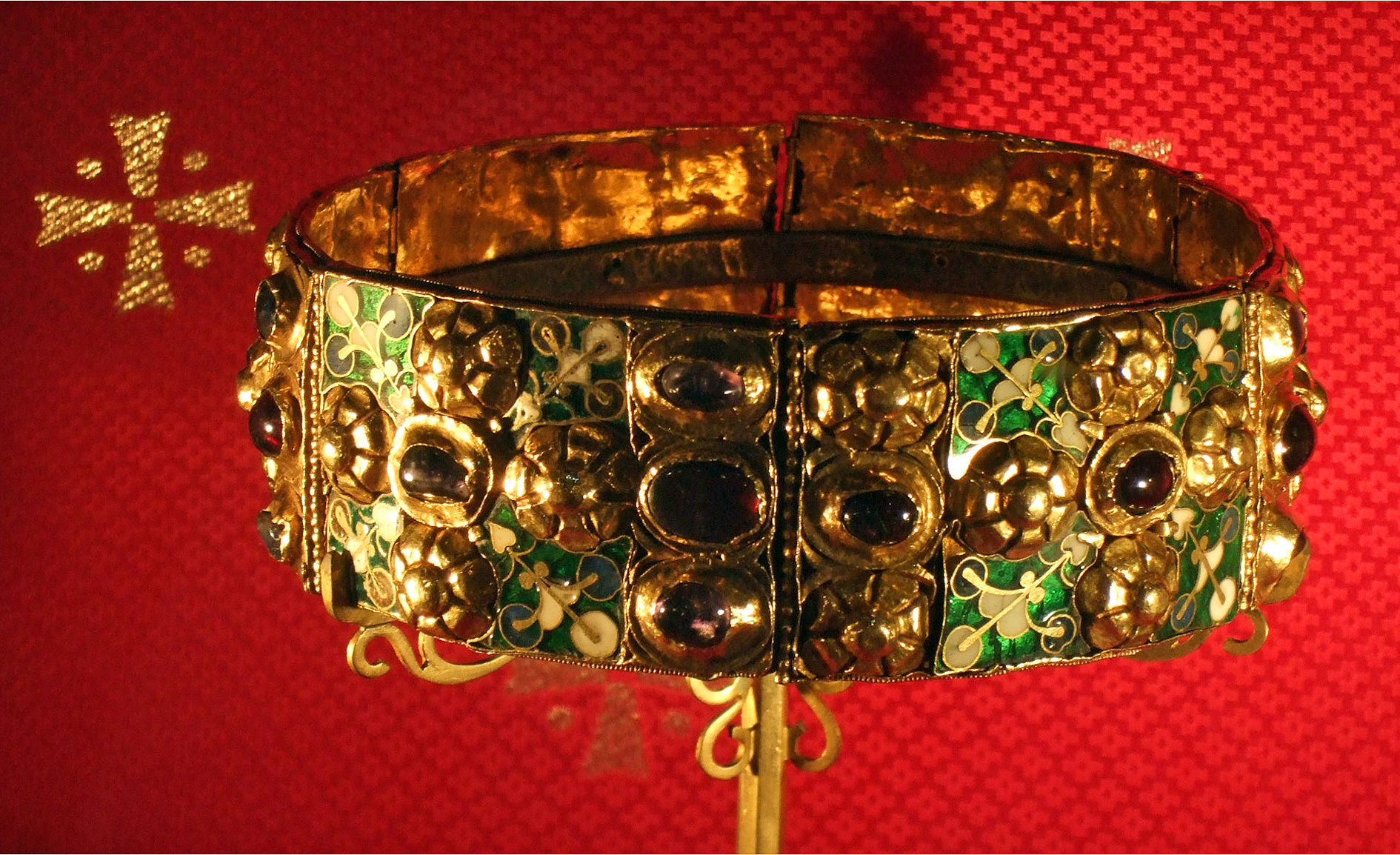
THE LAST OF THE LOMBARDS - Principality of Salerno AAR
INTRODUCTION:
PREMISE:
This AAR takes place during the waning days of the Lombards/Langobards of Italy in 1066. The great Lombard Kingdom of Italy was effectively destroyed by Charlemagne almost 200 years ago, and the last Lombards in Southern Italy are just that, the last of their people. Their culture is at risk of dying out and the remaining Lombard Lords squabble with each other, all the while the Norman invaders are pushing further and further into their lands. The AAR follows the house of Lantpertidi, the rulers of the Principality of Salerno.OBJECTIVES:
- Preserve the house of Lantpertidi
- Remove the Normans from Italy by any means necessary
- Re-establish Lombard rule over Italy, preferably without swearing fealty to the Holy Roman Empire
TABLE OF CONTENTS:
.png)
Gisulf II Lantpertidi (1052- )
PROLOGUE
CHAPTER I: Part 1 - 1066-1067
CHAPTER I: Part 2 - 1067-1069
CHAPTER I: Part 3 - 1069-1072
***
Last edited:


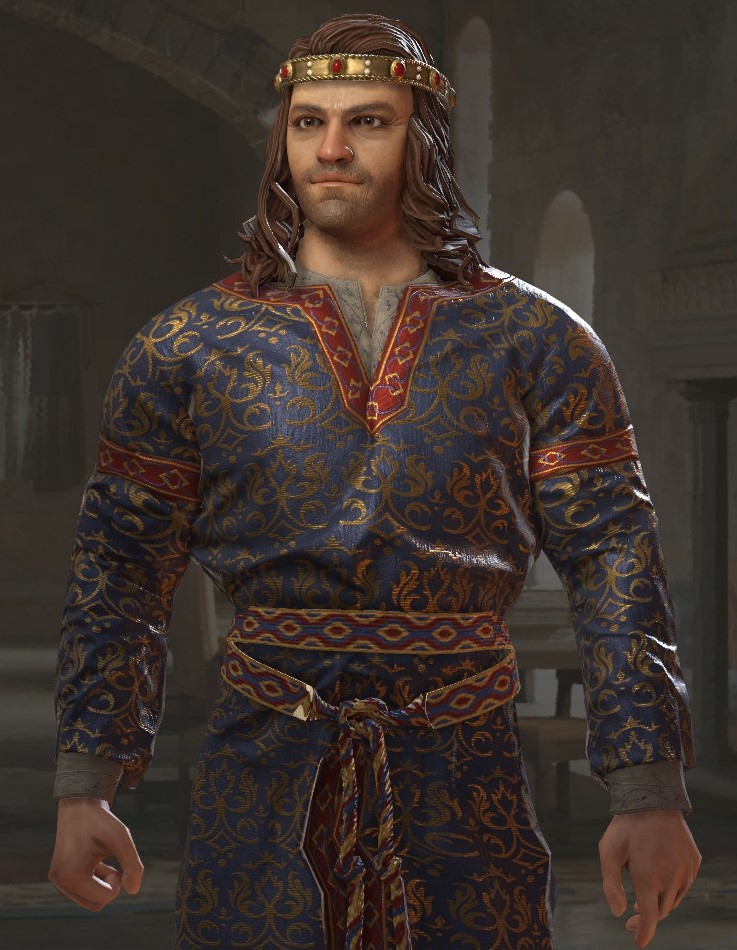

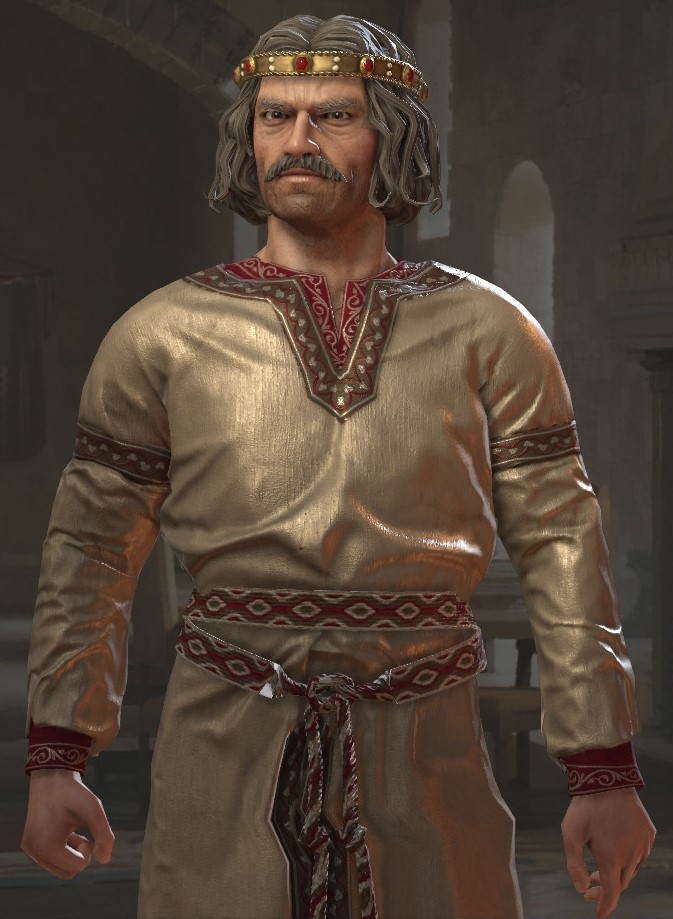
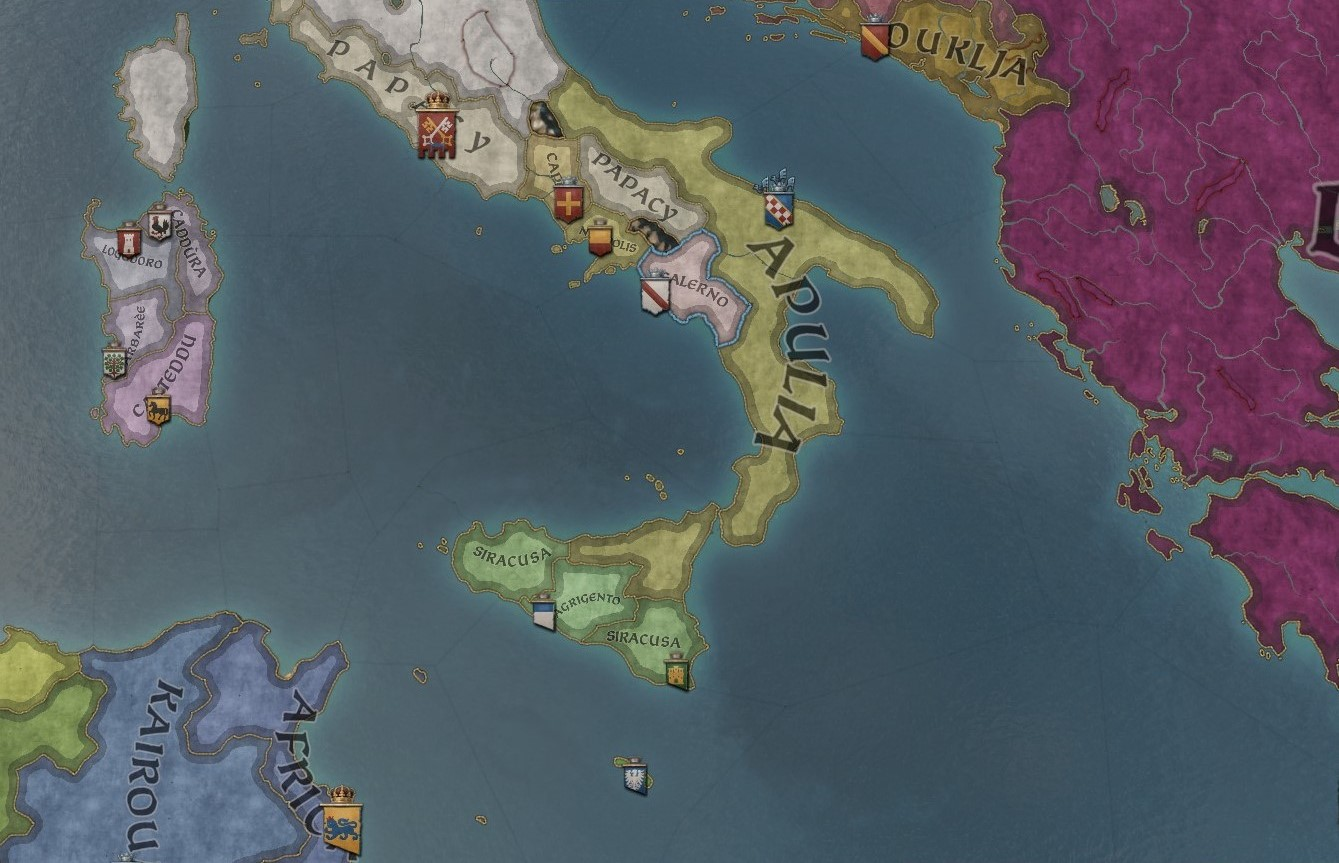
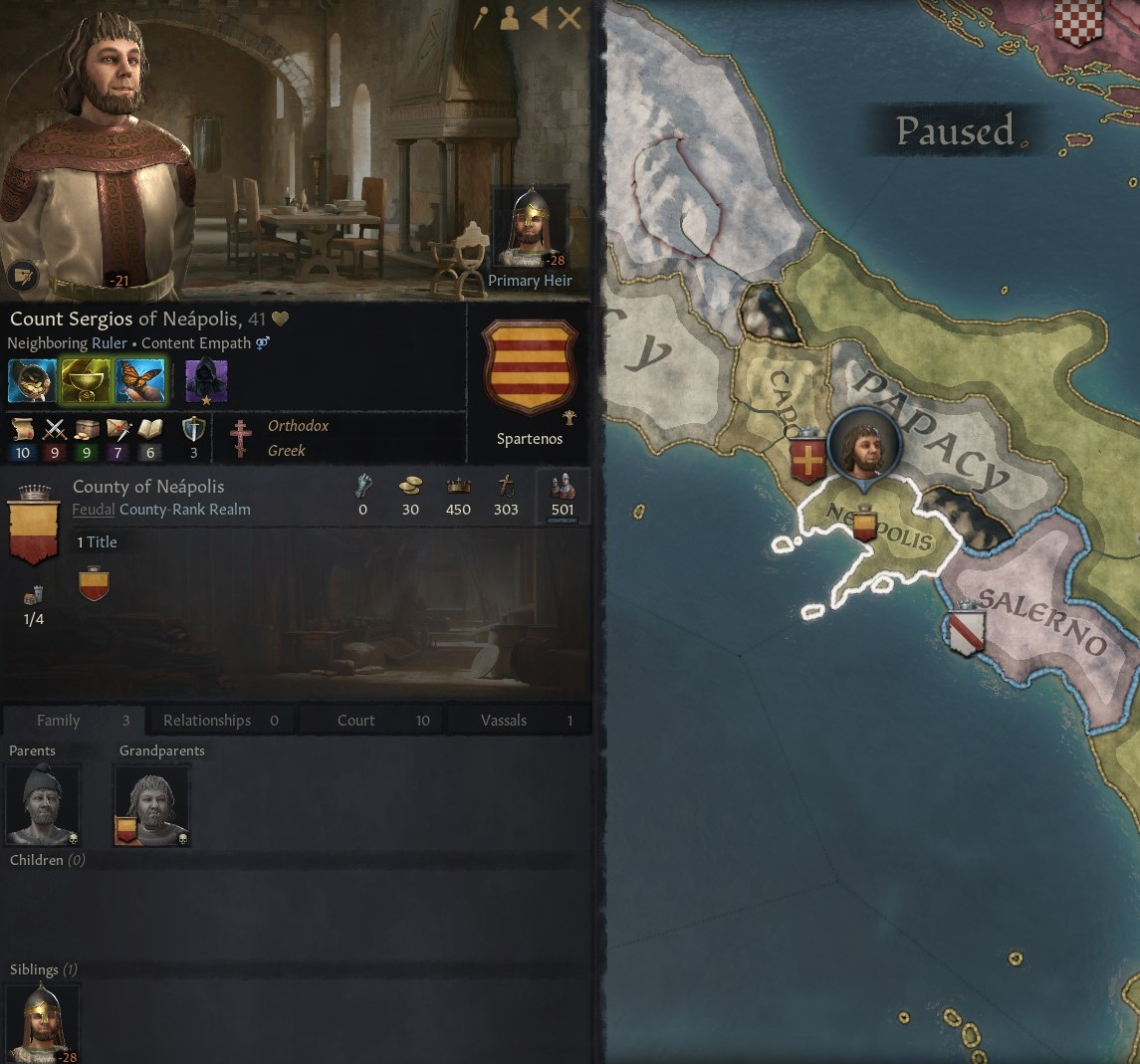
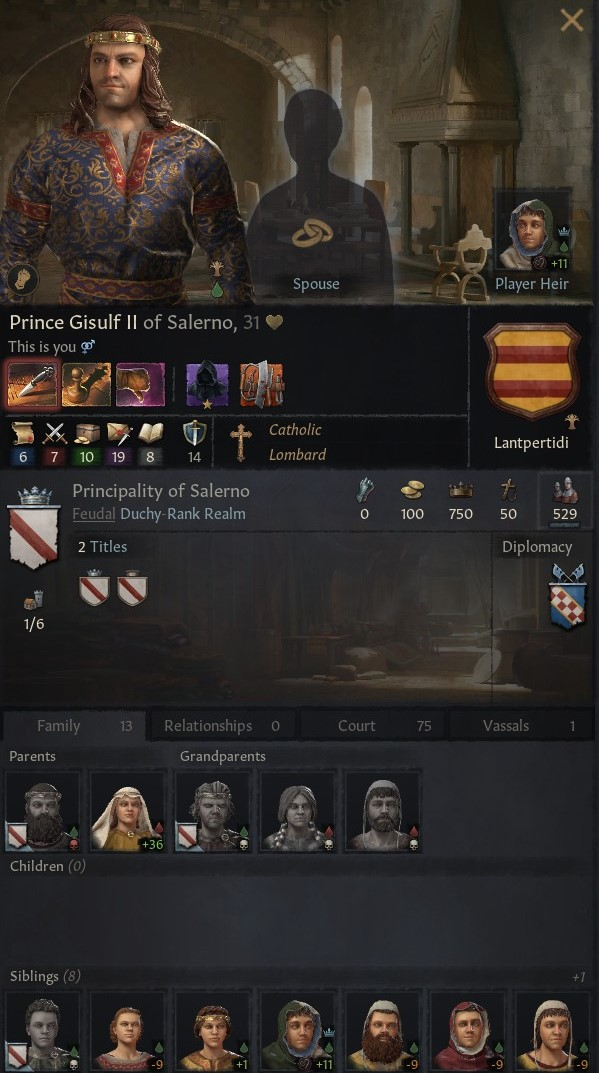
.jpg)
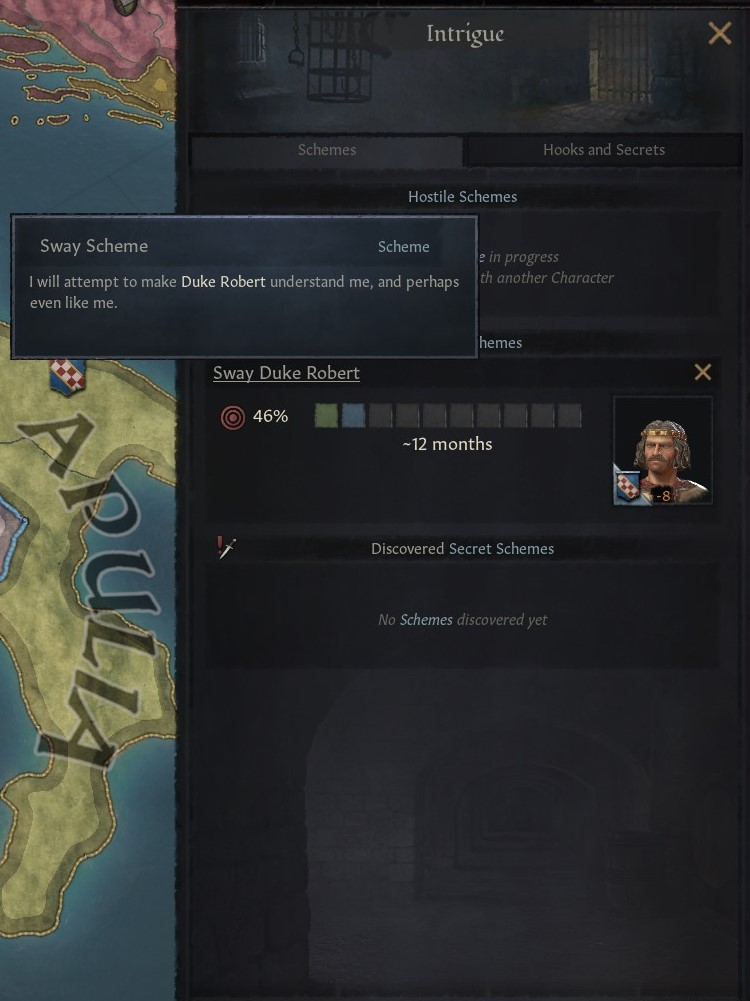
.jpg)
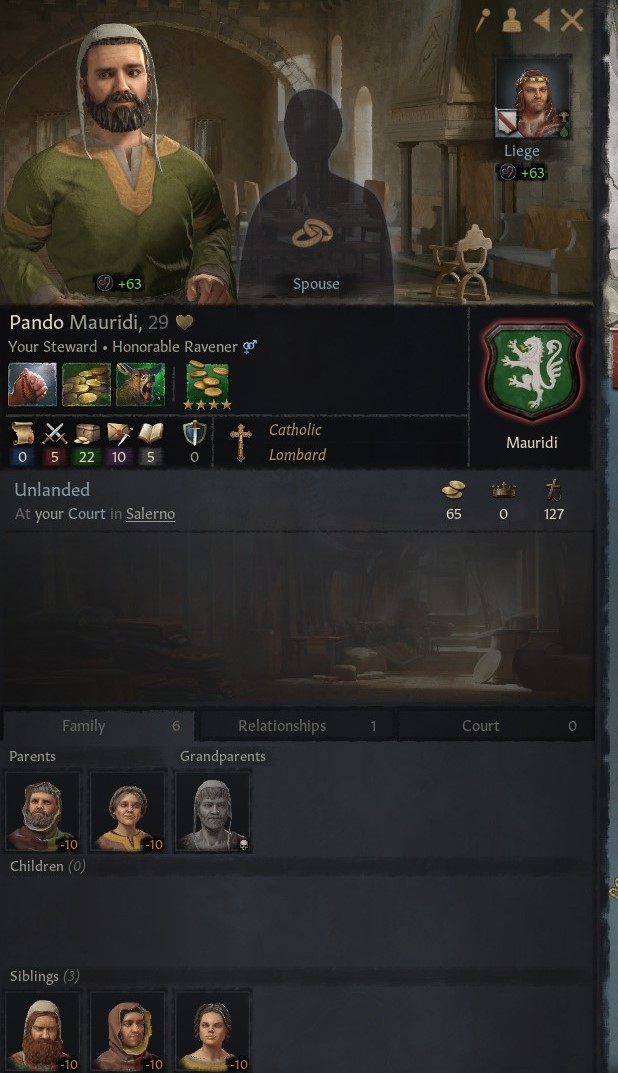
.jpg)
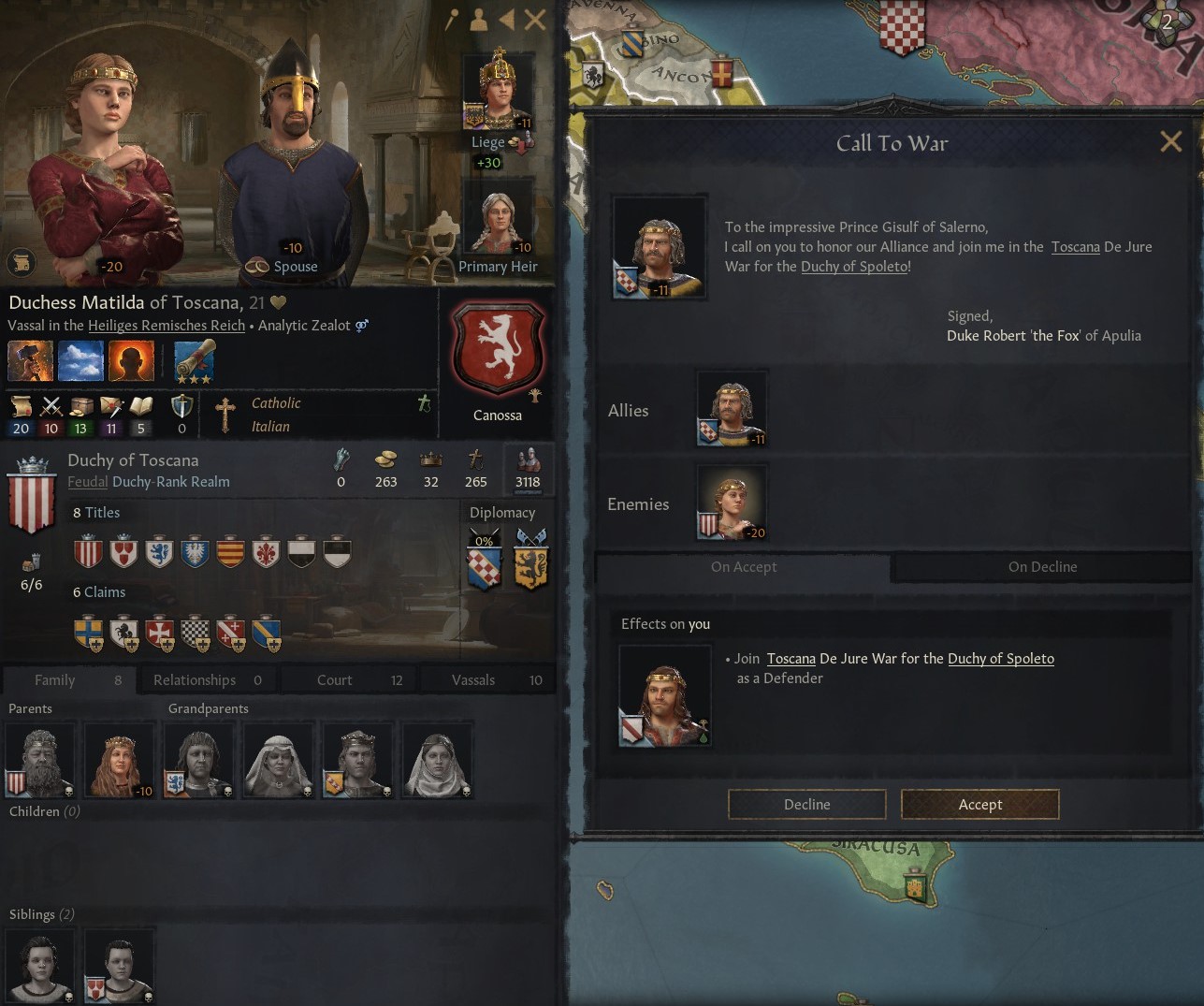
.jpg)
.jpg)
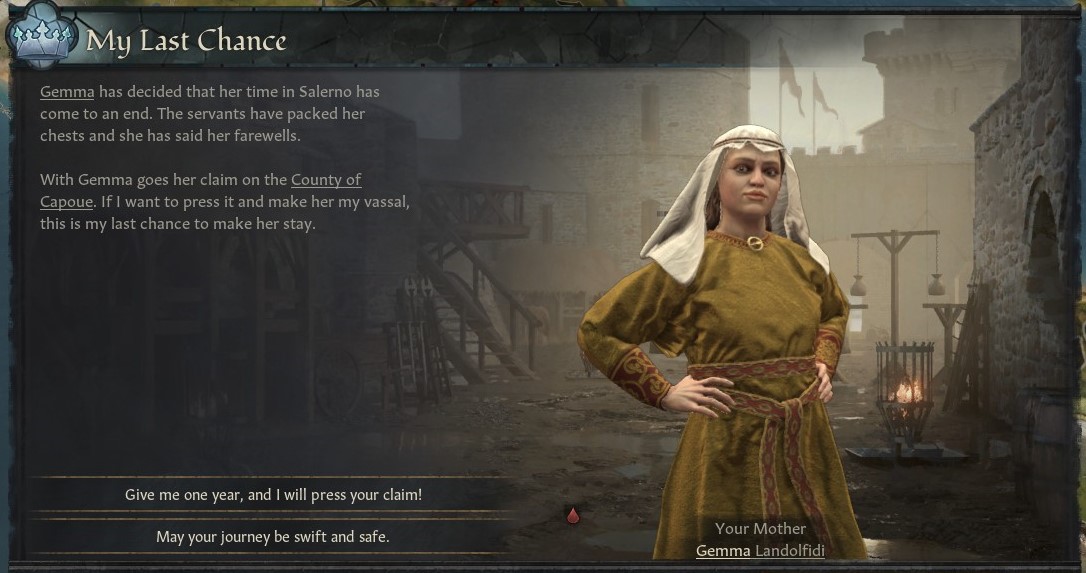
.jpg)
.jpg)
